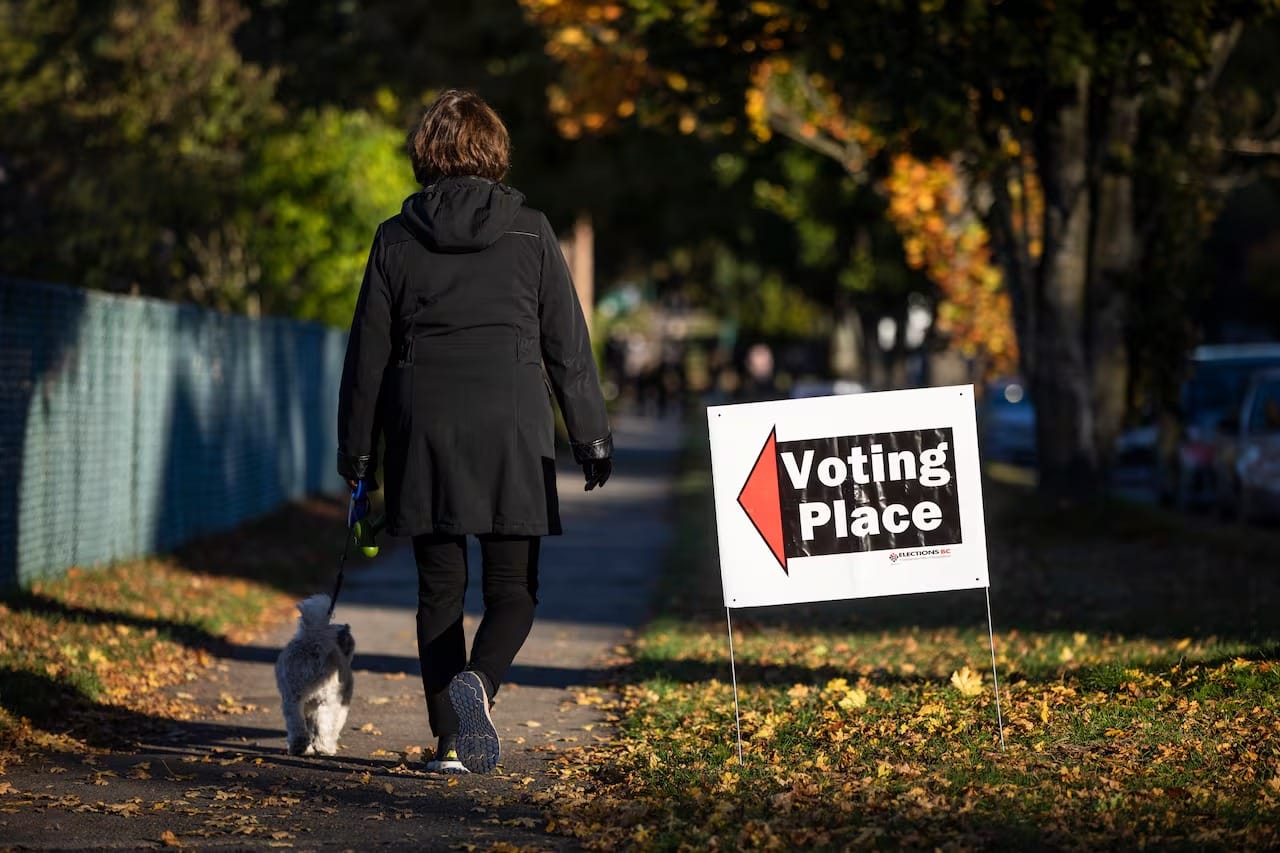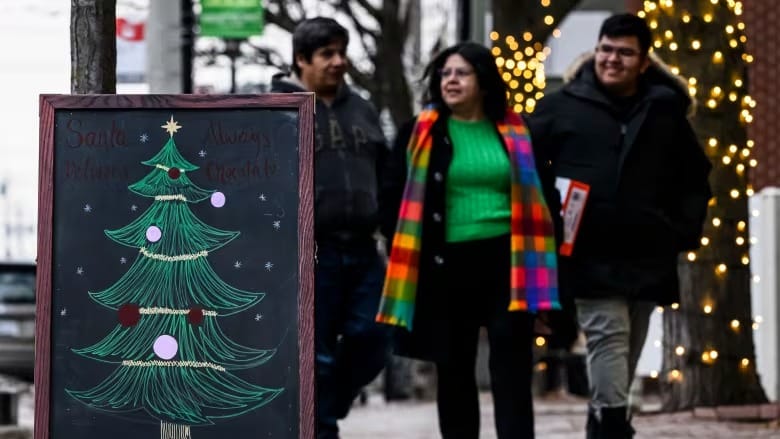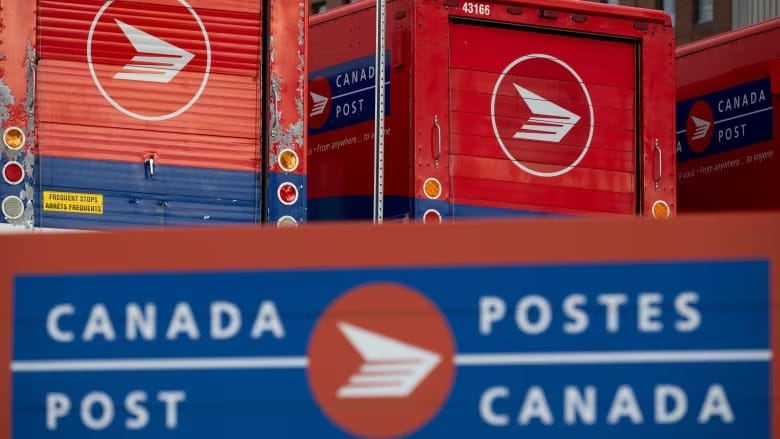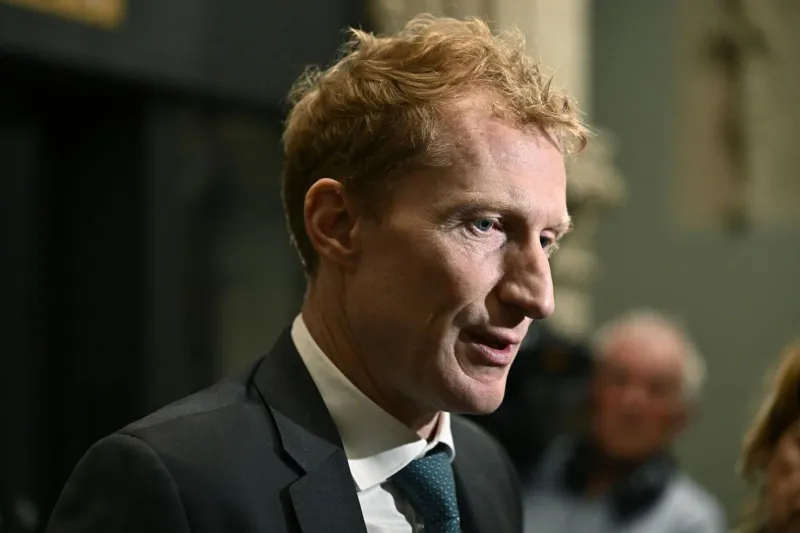Provinces' capacity to respond to foreign interference questioned ahead of busy election season
3 provinces are holding elections this fall

Michael Wernick, a former long-serving public servant, is paying close attention to the Parti Québécois' pledge to hold a third referendum on independence if they win the next election. He suspects that Russia is also watching closely.
"It presents an opportunity to disrupt and maybe even break up an important G7 country, so I'm sure they're going to have a try," said Wernick, who previously served as the clerk of the Privy Council.
"It's been 32 years since the last one. This time, it would be fought on social media, subjected to cyberattacks, and disinformation campaigns. It would resemble the 2016 Brexit referendum in Britain — only worse."
While foreign interference in Canadian federal politics has captured international attention and sparked an ongoing public inquiry, it's not the only area of concern.
Canada's spy agency has consistently warned of foreign interference at the provincial level. The National Security and Intelligence Committee of Parliamentarians has also highlighted provincial meddling, identifying China and Pakistan as key aggressors.
However, Wernick, now the Jarislowsky Chair in Public Sector Management at the University of Ottawa, is concerned about the capacity of provinces and territories to respond to the growing threats posed by both foreign and domestic actors.
"The electoral commissions and officers are often very small organizations that ramp up every four years, and they don't have the ongoing capacity to deal with new threats like cybersecurity and disinformation campaigns," he said.
"I think with most threats, people are a little bit innocent and complacent until something happens."
This capacity will be put to the test later this fall when voters in three provinces—British Columbia, Saskatchewan, and New Brunswick—head to the polls.
Varied Provincial Laws
Saskatchewan's Chief Electoral Officer, Michael Boda, said that with the rise of deep fakes and the rapid spread of disinformation, one of his top priorities this fall is maintaining public trust in the electoral system.
"We need to remain vigilant," he said in a recent interview.
Boda has been advocating for stronger powers to combat disinformation, but so far without success.
"From a legislative standpoint in Saskatchewan, we have very limited authority," he said.
After the last provincial election, Boda made several recommendations to update legislation to give his office more power to address disinformation that undermines the legitimacy of elections.
Had these been adopted, Boda would have been empowered to work with social media companies to remove false information—for example, claims that polling locations had changed—during an election. He also requested new rules to prohibit the intentional impersonation of political parties, candidates, or his office.
"I don't have that authority. So instead, I rely on best practices and the power of the bully pulpit. I can be transparent about what is unfolding, and I will be as we monitor the electoral process," he said.
"We really cannot take our democratic traditions for granted."
Meanwhile, in British Columbia, Boda's counterpart is grappling with similar threats but with a different set of tools.
B.C.'s New Disinformation Powers

The provincial government has granted Elections B.C. new powers to combat disinformation, including false claims about the electoral process itself.
B.C.'s Chief Electoral Officer, Anton Boegman, described the changes as "very good for our democracy" in light of growing polarization and the threat of foreign interference.
"I think these are real risks," he said. "These activities could erode trust in our elections, in our democratic institutions, or even suppress voter turnout. Those are my concerns."
For the first time, it is now illegal in British Columbia to make false statements about the election process, including disinformation about voter eligibility, dates, times, and locations.
"B.C. provincial elections are held on a Saturday, so disinformation might suggest voting takes place on a Monday, for example," Boegman said.
During this fall's campaign, it will also be illegal to falsely claim that a candidate has withdrawn or has a criminal record.
Boegman believes two other changes to the B.C. Election Act could have the most significant impact this year: new restrictions on unauthorized transmission of information and misrepresentation of an election official or political participant.
"Things like deep fake audio, video, or images would be restricted in our elections," he said, noting that exceptions exist for parody and satire.
Boegman's office is also empowered to respond quickly to issues and impose substantial penalties.
"Given the tight time frame within an election campaign and the potential harm disinformation can cause, we can issue notices to stop transmission to platforms or individuals posting content," he said.
Social media platforms must comply as soon as possible—no later than 24 hours after receiving the notice from the chief electoral officer—or face fines of up to $50,000 per day.
Boegman said he expects other provinces—and the federal government—to be watching closely.
"We're leading the way on this front, and I think all other Canadian election management bodies are eagerly awaiting...how our election turns out and how effective these tools were," he said.
On the opposite side of the country, Elections New Brunswick plans to launch a campaign next month to educate voters about the electoral process and disinformation.
A spokesperson said they're collaborating with the Canadian Centre for Cyber Security to monitor threats ahead of the October 21 election and are training officials internally on disinformation and deep fakes.
The Canadian Security Intelligence Service (CSIS) is also involved, working with a special B.C. elections integrity group to mitigate potential threats.
Last spring, the federal government passed Bill C-70, allowing CSIS to share classified information outside the federal government.
"CSIS is committed to equipping elected officials to identify foreign interference threats and take measures to ensure their personal safety, including by providing briefings," said John Townsend.
He added that officials could brief New Brunswick and Saskatchewan if necessary.
Domestic Disinformation Concerns
Aengus Bridgman, director of the Media Ecosystem Observatory, and his team monitor social media platforms for misinformation, polarization, and foreign interference. They'll be watching the B.C. election closely to study how misinformation shapes the conversation and will flag any incidents.
Bridgman emphasized that while foreign actors do produce and promote misinformation, this is "more the exception than the rule."
"The rule is actually Canadian, often online influencers or entities who are sharing, producing misleading or outright false information," he said. "And they're doing it for monetary gain, clout, or attention in online spaces."
Bridgman said the barriers to starting a disinformation bot campaign are relatively low, and such campaigns can be set up quickly, making them difficult to detect.
He would like to see Parliament pass Bill C-65, which includes provisions on electoral interference and artificial intelligence. Bridgman is also calling for social media platforms to engage in "responsible behavior" and for better data access for researchers.
Wernick believes that safeguarding provincial election integrity should be a priority for the Council of the Federation, which comprises all 13 premiers.
To start, he suggests that provinces and territories update their laws to at least match B.C.'s standards and audit their cyber infrastructure.
He also advocates for a mutual assistance agreement in which provinces not holding elections would help those that are, boosting their capacity. "Kind of like the deals they already have in place on emergency management and forest fires," he said.
"There's no excuse for waiting."





